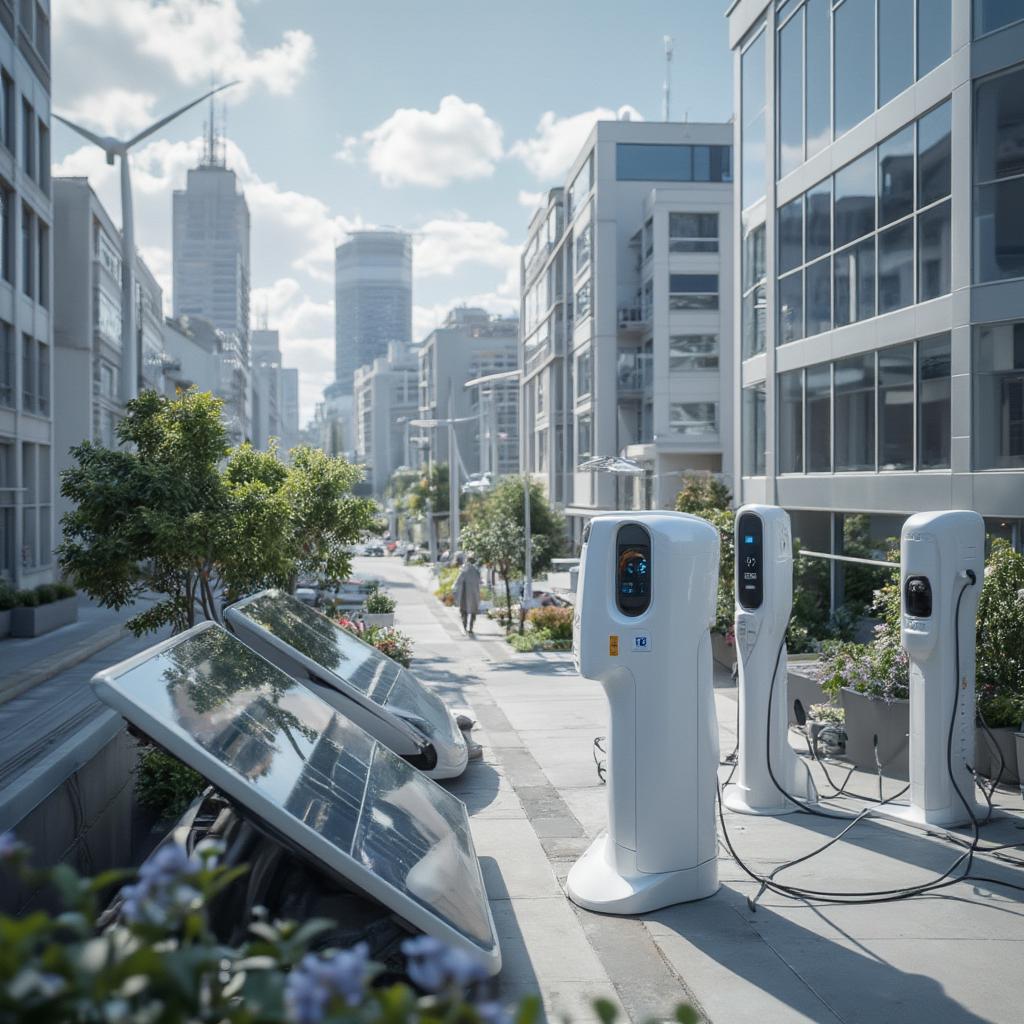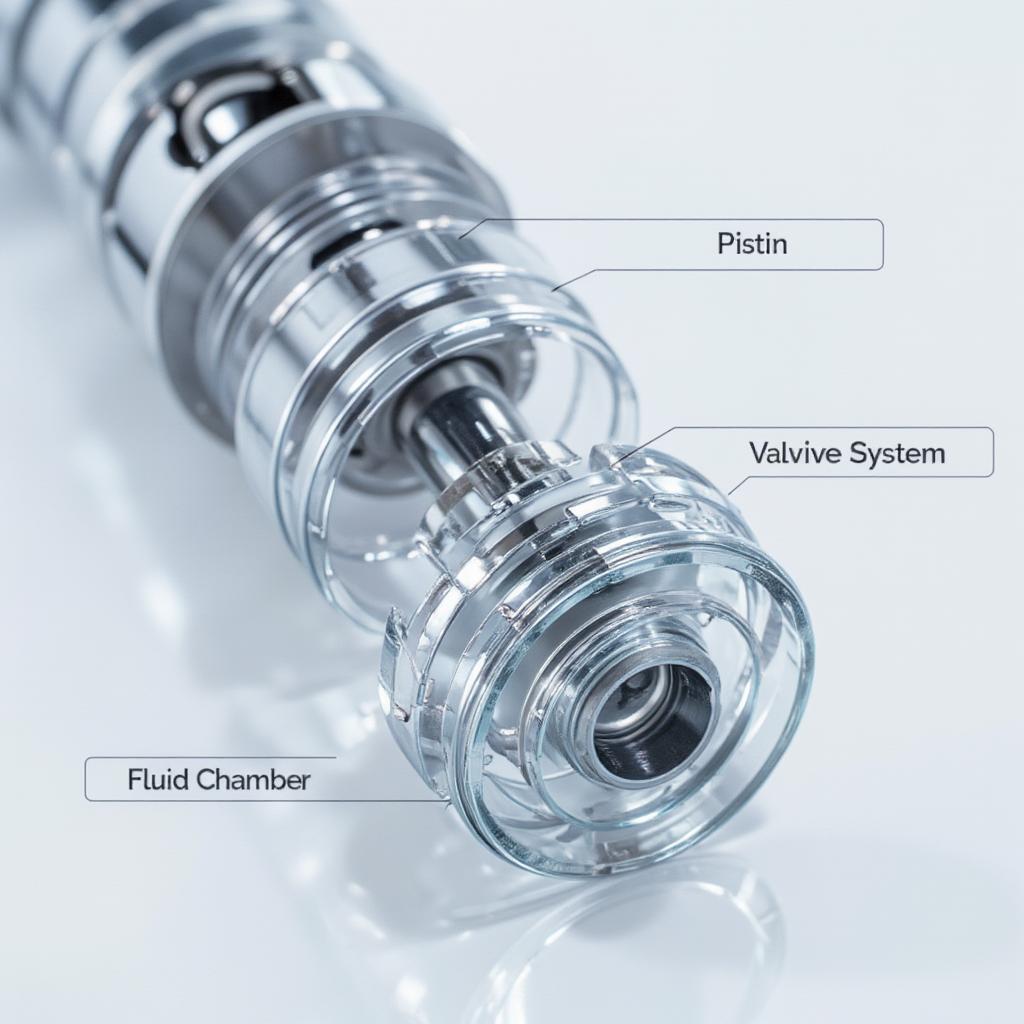Electric Vehicle Engineering Degree: Powering the Future of Mobility

The automotive industry is undergoing a dramatic transformation, driven by the rise of electric vehicles (EVs). This shift demands a new generation of engineers equipped with specialized knowledge and skills in Electric Vehicle Engineering Degree programs. These programs provide a comprehensive understanding of EV technologies, paving the way for exciting careers in a rapidly growing field.
After this introduction, you’ll find a comprehensive guide to obtaining an electric vehicle engineering degree. We’ll delve into curriculum details, career prospects, and the future of the EV industry. This knowledge will empower you to make informed decisions about your academic journey and contribute to the future of sustainable transportation.
Curriculum Essentials for an Electric Vehicle Engineering Degree
An electric vehicle engineering degree, whether at the bachelor’s or master’s level, equips students with a deep understanding of the core principles behind EV design, development, and manufacturing. Core courses typically include:
- Electric Power Systems: This covers the fundamentals of electricity, electric machines, power electronics, and battery technologies, forming the foundation of EV powertrains.
- Battery Management Systems: Students learn about battery chemistry, charging infrastructure, and the sophisticated systems that monitor and control battery performance.
- Electric Motor Drives and Control: This area focuses on the principles and techniques for controlling electric motors to achieve optimal performance and efficiency.
- Vehicle Dynamics and Control: Understanding how EVs behave on the road is crucial, and this course covers topics such as suspension, steering, braking, and stability control systems specifically designed for EVs.
- Power Electronics and Converters: This delves into the electronic circuits and devices used to manage and convert electrical power within an EV.
Career Paths with an Electric Vehicle Engineering Degree
Graduates with an electric vehicle engineering degree are highly sought after by automotive manufacturers, technology companies, and research institutions. Some potential career paths include:
- EV Design Engineer: Responsible for designing and developing various components of electric vehicles, from the powertrain to the chassis and body.
- Battery Engineer: Specializing in battery technology, these engineers work on improving battery performance, lifespan, and safety.
- Control Systems Engineer: Designing and implementing the control systems that govern the operation of electric motors, power electronics, and other EV systems.
- Software Engineer: Developing the software that manages various aspects of EV functionality, such as battery management, infotainment systems, and autonomous driving features.
- Research and Development Engineer: Conducting research to advance EV technologies and explore new innovations in areas such as battery materials, charging infrastructure, and electric motor design.
For those interested in more traditional automotive roles, a car mechanic degree can also provide a valuable foundation.
The Future of Electric Vehicle Engineering and Your Role
The future of transportation is undeniably electric. As governments and industries worldwide push for sustainable solutions, the demand for skilled EV engineers will continue to grow exponentially. Pursuing an electric vehicle engineering degree positions you at the forefront of this technological revolution.

Why Welcome Shock Naue Cares About Electric Vehicle Engineering
At Welcome Shock Naue, we’re passionate about innovation in automotive technology, particularly in suspension and damping systems. The shift to electric vehicles presents unique challenges and opportunities for suspension design, requiring engineers to consider factors like battery weight distribution, regenerative braking, and the overall driving experience.
For example, the integration of advanced suspension systems can significantly improve the ride comfort and handling of EVs, compensating for the added weight of the battery pack. Furthermore, innovative damping technologies can enhance energy efficiency by recovering energy from vibrations and bumps on the road.
Students pursuing an electric vehicle engineering degree should explore specializations in areas like mechatronics and control systems, as these will be crucial for developing the next generation of intelligent suspension systems for EVs. Welcome Shock Naue is committed to supporting the development of future EV engineers and fostering innovation in this exciting field. You can explore more options in colleges for automotive engineering.
Bridging the Gap: Traditional Automotive Knowledge and EV Expertise
While electric vehicle engineering degree programs focus on the specific technologies related to EVs, a strong foundation in traditional automotive engineering principles remains essential. Understanding internal combustion engines, transmission systems, and vehicle dynamics provides a comprehensive perspective on automotive engineering as a whole. This broader knowledge base allows engineers to draw parallels between traditional and electric vehicle technologies, fostering innovation and problem-solving. Those looking for job options can explore automotive engineering technology jobs.
“The transition to electric vehicles demands a holistic approach to engineering,” says Dr. Emily Carter, a leading expert in automotive engineering. “A deep understanding of both traditional and electric vehicle technologies is crucial for developing innovative solutions that meet the demands of the future.”
Preparing for the Electric Vehicle Revolution with the Right Degree
An electric vehicle engineering degree is more than just a qualification; it’s a passport to a future filled with exciting possibilities. By choosing this path, you’re not only investing in your own career but also contributing to a more sustainable and innovative future for the automotive industry. Consider an online automotive bachelor degree if you prefer flexible learning options. Alternatively, you could pursue an electric car engineering degree for a more specialized curriculum.
“The demand for skilled EV engineers is unprecedented,” adds Dr. James Miller, a renowned automotive industry recruiter. “Graduates with a strong foundation in electric vehicle technologies are highly sought after and command competitive salaries.”
Conclusion
The rise of electric vehicles presents a transformative opportunity for aspiring engineers. An electric vehicle engineering degree equips individuals with the specialized knowledge and skills necessary to excel in this rapidly evolving field. By embracing this educational pathway, you’ll be well-prepared to contribute to the future of mobility and drive innovation in the automotive industry.
FAQ
-
What is an electric vehicle engineering degree? An electric vehicle engineering degree focuses on the design, development, and manufacturing of electric vehicles and their related technologies.
-
What are the career prospects for EV engineers? Career prospects are excellent, with growing demand for EV engineers in various roles across the automotive and technology sectors.
-
What are the core subjects in an EV engineering program? Core subjects include electric power systems, battery management, electric motor drives, vehicle dynamics, and power electronics.
-
What is the difference between an EV engineering degree and a traditional automotive engineering degree? EV engineering degrees specialize in electric vehicle technologies, while traditional programs cover a broader range of automotive topics, including internal combustion engines.
-
Why is an EV engineering degree important for the future? As the automotive industry transitions towards electric mobility, specialized EV engineers will be crucial for driving innovation and developing sustainable transportation solutions.
-
What are the prerequisites for an EV engineering degree? Prerequisites typically include a strong background in mathematics, physics, and chemistry.
-
Are there online options for pursuing an EV engineering degree? Yes, several universities offer online programs in electric vehicle engineering, providing flexibility for working professionals or those with geographical limitations.
-
What kind of salary can I expect with an EV engineering degree? Salaries for EV engineers are generally competitive and often higher than those in traditional automotive engineering roles, reflecting the high demand for these skills.
-
What are some of the leading universities offering EV engineering degrees? Many reputable universities worldwide now offer specialized programs in electric vehicle engineering. Research institutions with a strong focus on sustainable energy and transportation are often at the forefront of this field.




